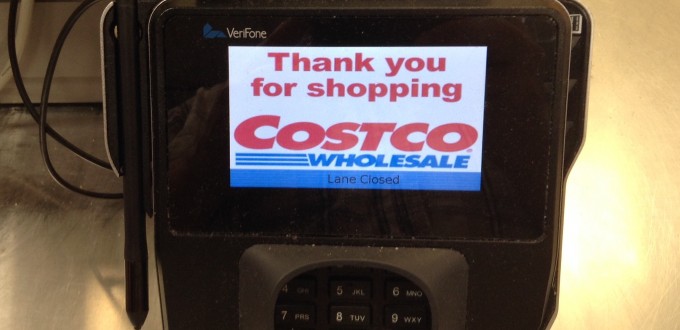
Written by Chris “Kikila” Perrin at undergroundreporter.org
Looks like someone didn’t get the memo. Despite the number of “progressive” and “fringe” candidates lining the ballots of this year’s Presidential Primaries, and the decades-old, general global trend against neoliberalism leaving some experts to begin writing neoliberalism’s obituary, Costco is actually moving forward with a new plan to tighten its grip on production and distribution.
As the expression goes, “The customer is always right,” and, on the surface this is exactly what seems to be motivating Costco’s recent move to begin assisting farmers in the purchasing of land and equipment. According to Costco, consumers are becoming increasingly interested in “organic” goods. So interested, in fact, the bulk retail giant is having trouble keeping up with demand. Enter the go-to strategy for neoliberal economic thinking: capital accumulation through dispossession.
Perhaps the above adage should be re-written as: “The customer legitimizes our accumulation.” With “organic” foods flying off of Costco’s shelves, the justification for the company to begin rethinking their supply-chain is obvious. Customers, by their nature, will shop elsewhere if a company cannot provide the service they’re looking for. Given Costco’s inability to keep up with demand, a clear and effective method of securing supply is to purchase that supply and convince the people you’re “partnering” with that it is in their benefit. Before consumers started purchasing their bulk “organics” from Costco, there was no excuse.
Of course, this all looks fantastic. The harsh reality is that small-scale American farmers are struggling in the face of larger, more industrial ventures — and Costco offering to assist organic farmers with land and equipment purchases looks like a case of the big guy doing good. It might even help to stimulate a new layer of growth in the small-scale or organic farming market.
The reality might be a little scarier, specifically when Costco’s motivation is re-examined.
Given that the motivation for this move comes from consumer trends, it is valid to suggest that the sustainability of this move is questionable. Should consumer trends shift, then once again there will be many small farmers tied to a specific commodity who will be hard-pressed to remain successful when their only purchaser evaporates. This is even more obvious when the commodity is effectively a consumable ideology, like “organic.”
Even with the end of neoliberalism being prematurely heralded, it is more than a little surprising that Costco’s venture is receiving positive press. More surprising, in fact, is that there is interest in tying a group of producers to a single retailer, who will obviously have the upper hand given any financial or trend instability.
This article (Costco to Begin Helping Farmers Buy Land to Keep up With Demand for Organic Food) is free and open source. You have permission to republish this article under a Creative Commons license with attribution to Chris “Kikila” Perrinand UndergroundReporter.org. If you spot a typo, please email the error and the name of the article to [email protected]. Image credit: Flickr/Mike Mozart




